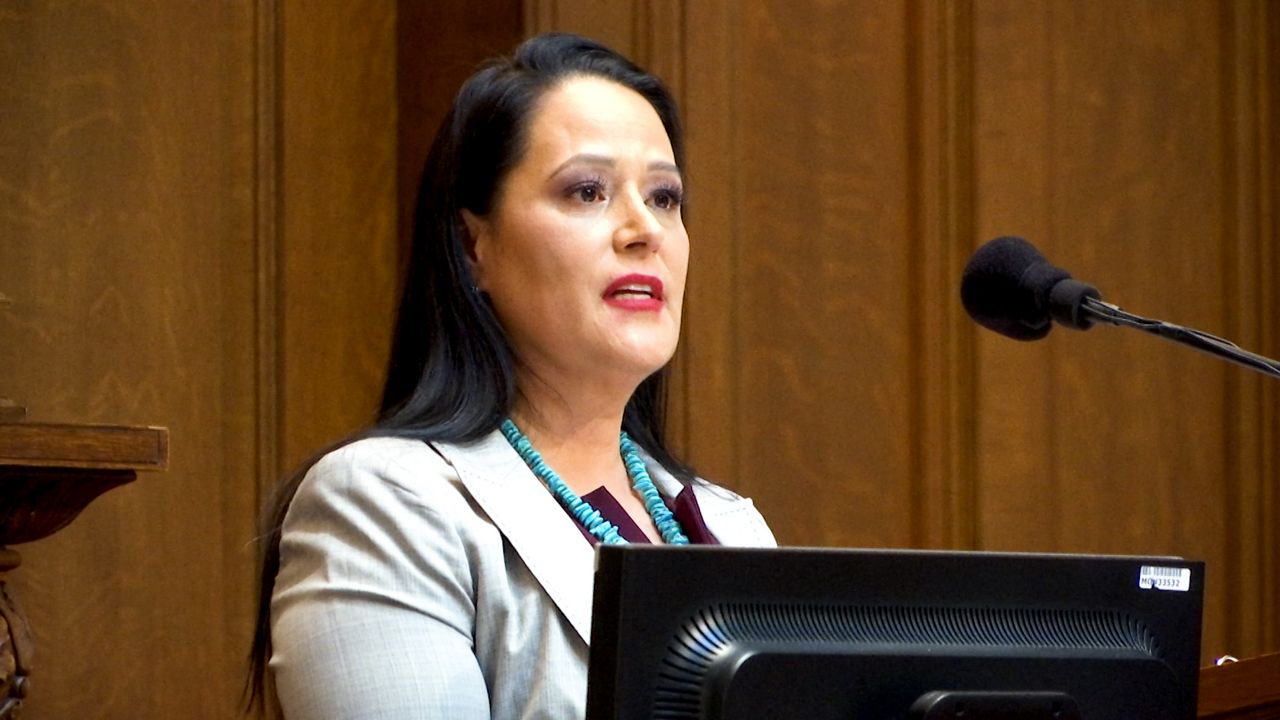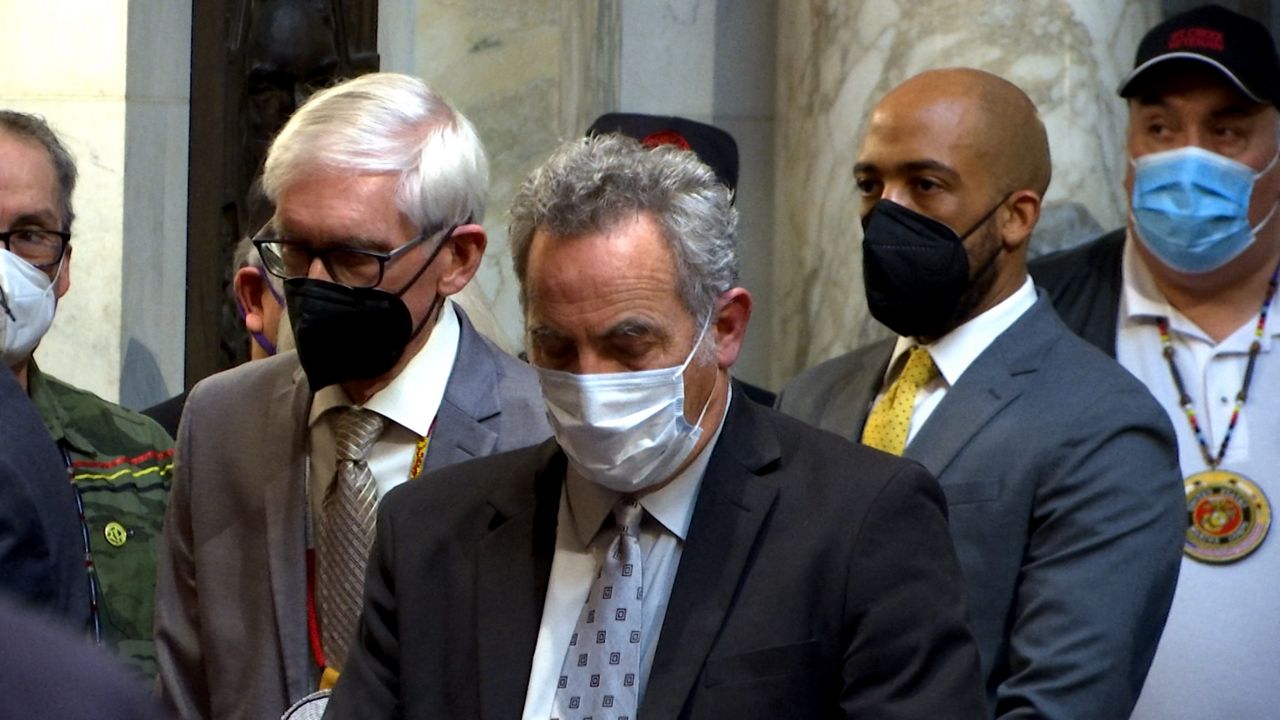MADISON, Wis. — The biggest issues and concerns facing Wisconsin's 11 federally recognized tribes were front and center Tuesday as lawmakers gathered for the annual State of the Tribes address.
From the pandemic response to participation in democracy, the president of the Stockbridge-Munsee Band of Mohican Indians, Shannon Holsey, called for less division from lawmakers as tribal nations struggle with infrastructure, discrimination, and civic participation.
Holsey told a joint session of the legislature she learned many lessons from the pandemic.
“I will no longer accept the things I cannot change,” Holsey said. “I will change the things I cannot accept.”

One of the things Holsey made clear she was unwilling to accept was Republican-backed legislation that would change the state's election process. Holsey said tribes want to help America heal, possibly referring to former President Donald Trump's unwillingness to accept defeat in the 2020 election.
“The loss of the right to vote is the loss of the voice in the democratic process,” Holsey said. She went on to tell lawmakers that democracy cannot be defeated.
During last year's address, tribal leaders called for more mental health resources as many issues were exacerbated by the pandemic. This year, Holsey praised tribes for how seriously they have taken COVID-19 and the challenges they have faced.
“Losing a single elder, as it is like described, is like a library burning down and with it the loss of our culture,” Holsey said.

Part of preserving culture is about education, Holsey told lawmakers. With an anti-racism education bill for colleges on the agenda Tuesday, Holsey also took the chance to critique the legislation dealing with Critical Race Theory.
“It is our view and response as tribal nations, that perhaps what is needed is not critical theory and more critical thinking,” Holsey said.
Expanding broadband access, investing in K-12 education, and upholding protections for wolves were also topics Holsey covered during her remarks.



